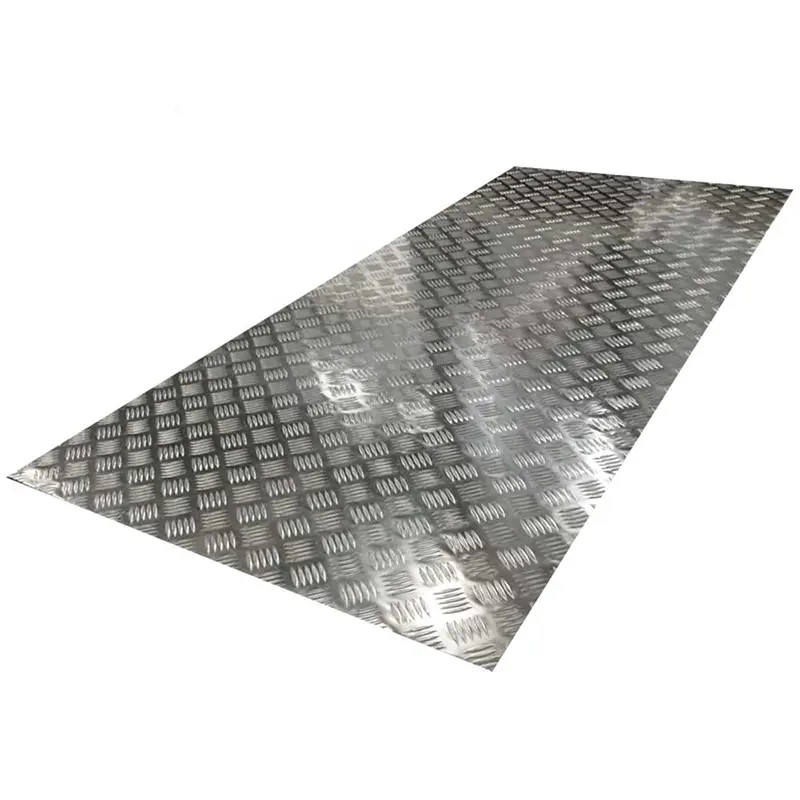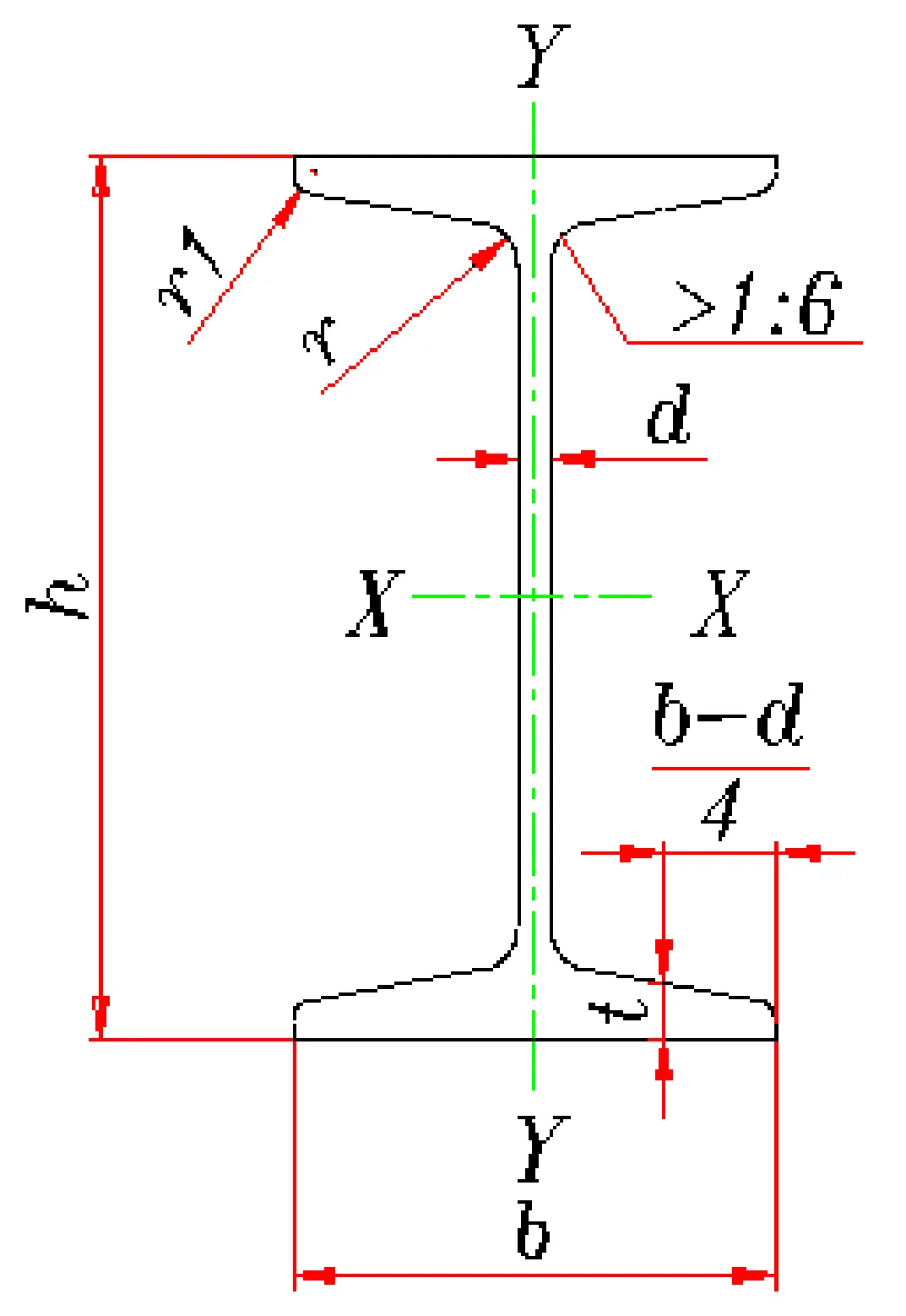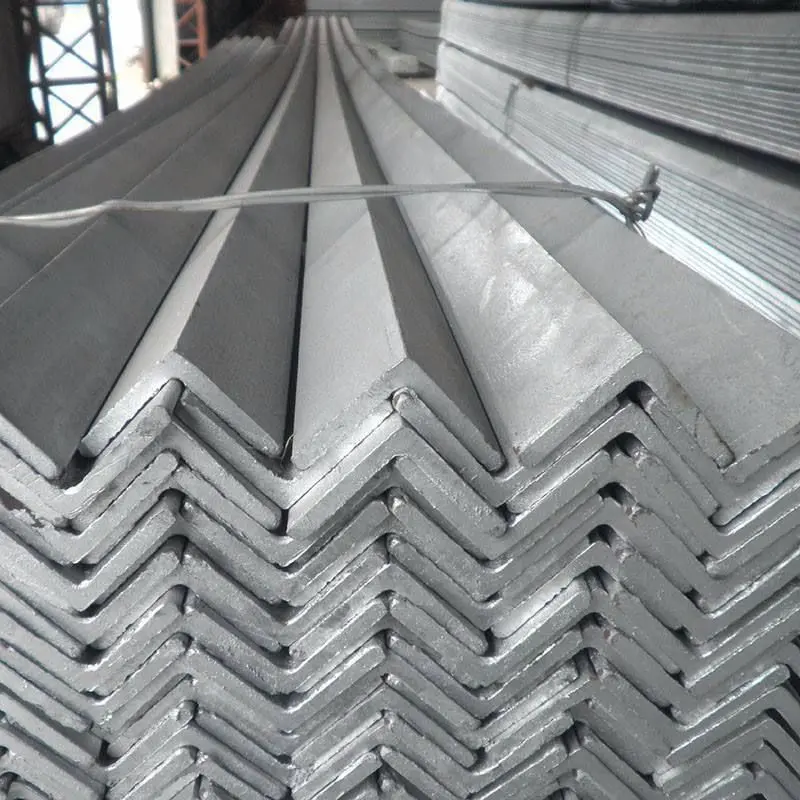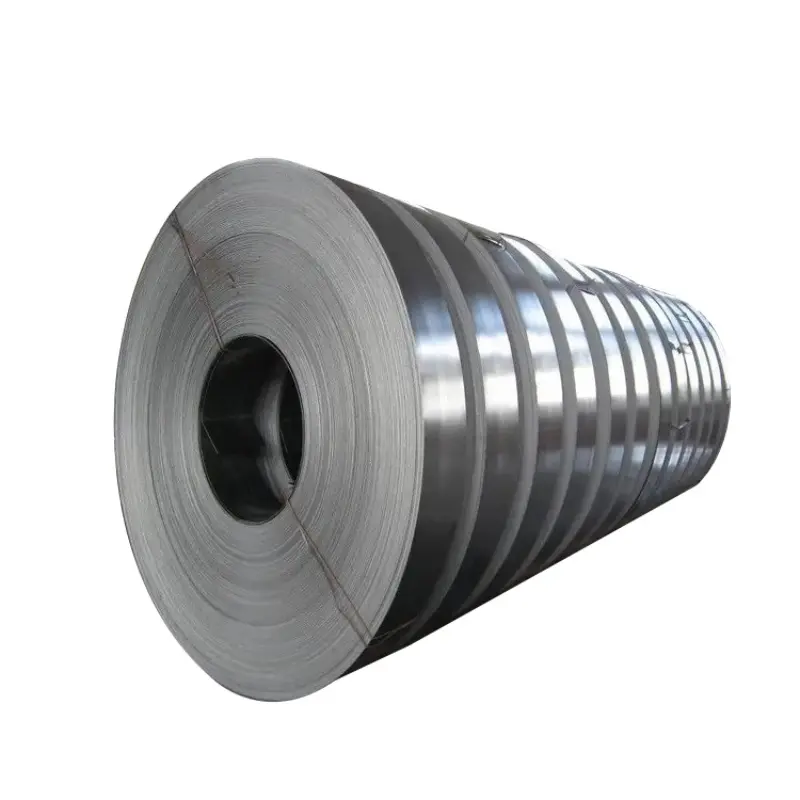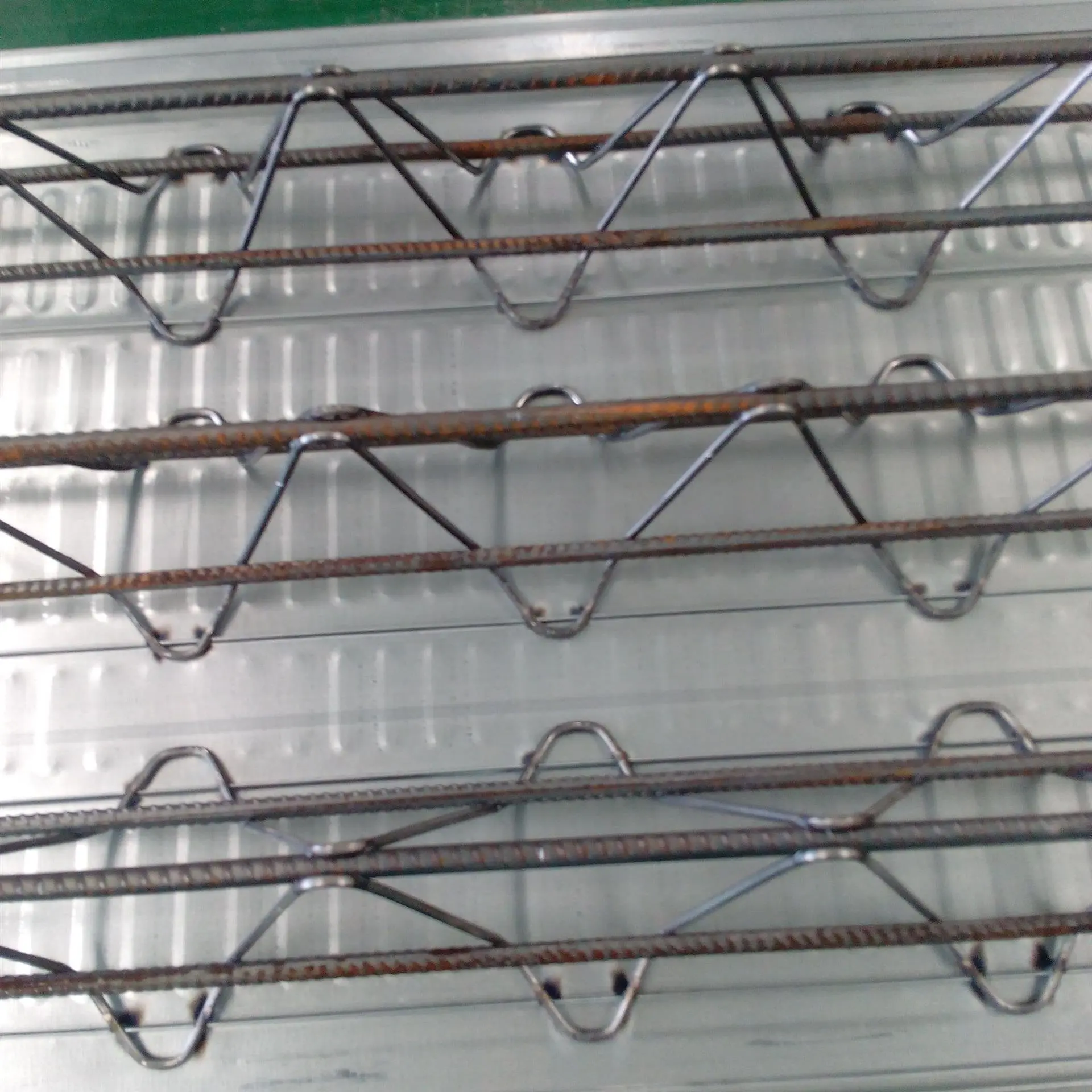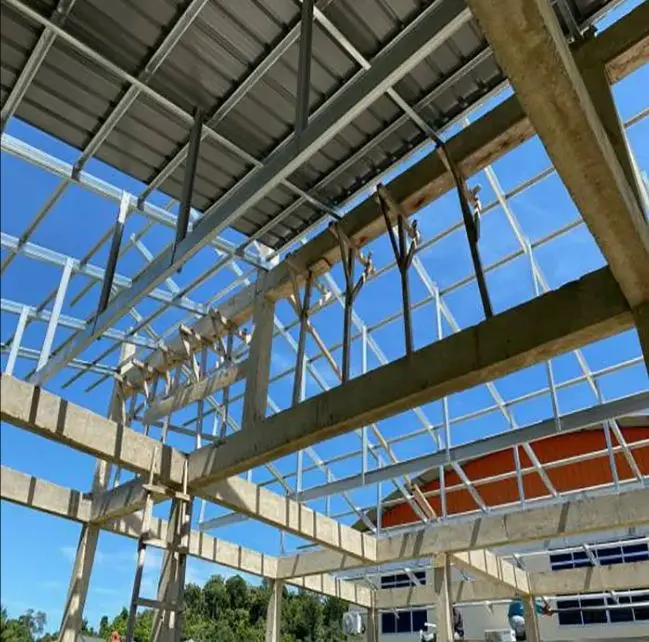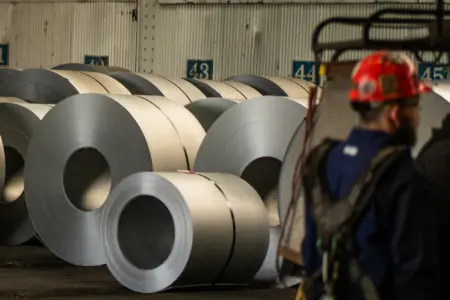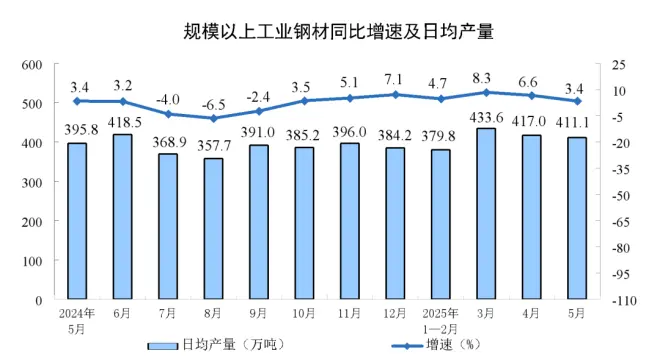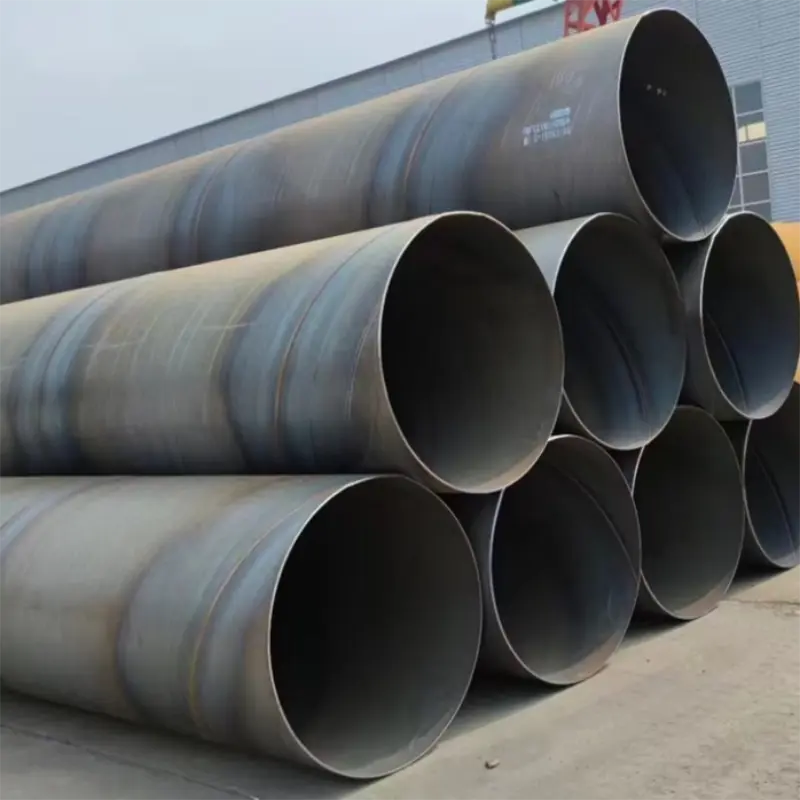360’s Zhou Hongyi Urges Focused AI Integration in Steel Industry, Warns Against "Chatbot Mentality"

Beijing — Artificial intelligence (AI) large models must not be treated as mere “chatbots” in the steel industry but instead be transformed into specialized vertical models integrated with “intelligent agents” to solve concrete production challenges, emphasized Zhou Hongyi, founder of 360 Group and a member of the National Committee of the Chinese People’s Political Consultative Conference (CPPCC), in an exclusive interview with China Metallurgical News on March 7.
Zhou cautioned against the pursuit of generic, all-purpose industrial AI models, stating that such approaches lack actionable focus. “Blindly building a broad industrial large model won’t address real pain points. Traditional industries like steel should avoid aiming to solve all problems with a single model. Instead, they must concentrate on developing scenario-specific, vertical, and specialized models tailored to concrete production needs,” he said.
His remarks followed the strategic partnership signed on March 1 between Qian’an City and 360 Zhiling Technology, a subsidiary of 360 Group, to establish an AI large-model operating company. The collaboration aims to advance the development and application of vertical AI models in Qian’an’s Steel sector, covering raw material supply, steelmaking, logistics, and trade.
Zhou revealed that after three months of discussions with steel industry experts, 360’s team divided steel production into six major stages and further broke these down into 142 processes. From this analysis, they identified two critical bottlenecks: inefficiencies in temperature control for blast and converter furnaces, and labor-intensive, error-prone wastewater dosing management. To address these, the company developed two dedicated “intelligent agents” — AI-driven systems optimized for precise furnace temperature regulation and automated chemical dosing in wastewater treatment.
“The greatest potential of AI lies in empowering traditional industries, particularly manufacturing, to achieve digital transformation. AI is the ultimate tool to drive industrial digitization, directly boosting efficiency, cutting costs, and fostering new quality productive forces,” Zhou asserted.
Security Challenges Demand AI vs. AI Solutions
On AI safety, Zhou highlighted dual risks: data security concerns when models interface with corporate databases, and operational vulnerabilities as AI agents directly control production systems. “Large models’ susceptibility to attacks via natural language inputs, combined with their inherent ‘hallucinations,’ could lead to critical errors. Traditional security measures aren’t sufficient — we must ‘fight AI with AI,’ developing safety mechanisms powered by specialized models to counter these threats,” he explained.
Zhou’s vision aligns with China’s push to deepen AI integration in traditional sectors. By advocating for vertical, problem-driven AI adoption, his insights offer a roadmap for industries seeking to harness cutting-edge technology without losing sight of practicality.







